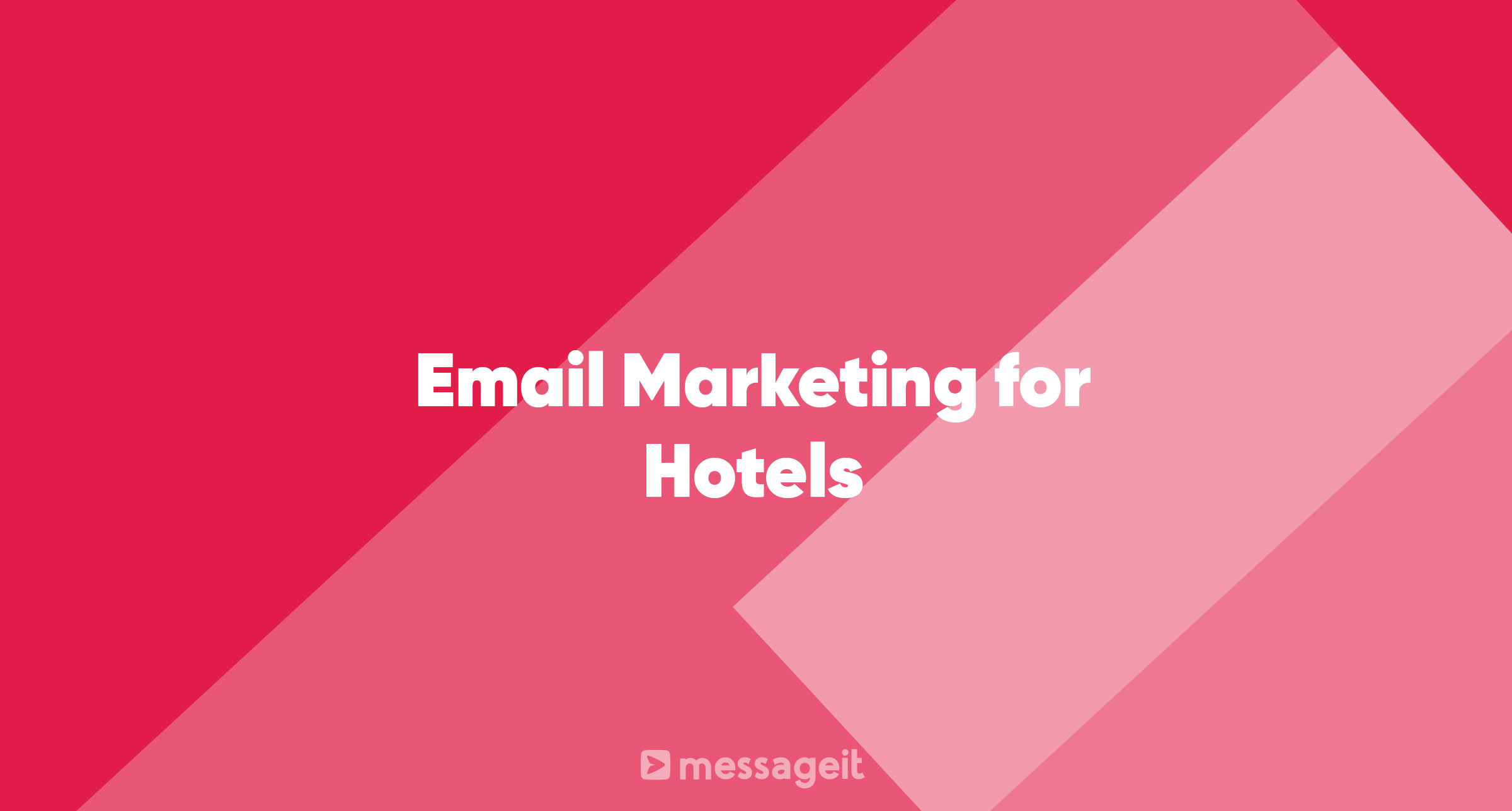Email marketing remains one of the most effective tools for businesses to communicate directly with their customers. For hotels, it offers a unique opportunity to engage with guests, promote special offers, and build lasting relationships. Let's delve into the best practices for email marketing specifically tailored for hotels.
Understanding the Importance of Email Marketing for Hotels
Before diving into the best practices, it's essential to understand why email marketing is so crucial for hotels.
Direct Communication Channel
Unlike social media platforms where your post might get lost in a sea of content, emails land directly in your guest's inbox. This direct line of communication ensures that your message is seen and has a higher chance of eliciting a response.
Cost-Effective Promotion
Email marketing is relatively inexpensive, especially when compared to traditional advertising methods. This cost-effectiveness allows hotels to reach a vast audience without breaking the bank.
Personalized Guest Experience
With the right strategy, hotels can use email marketing to offer personalized experiences, from tailored offers to birthday discounts, making guests feel valued and increasing the likelihood of repeat bookings.
Best Practices for Hotel Email Marketing
Now that we've established the significance of email marketing for hotels, let's explore the best practices to ensure your campaigns are successful.
Segment Your Email List
Not all guests are the same. Some might be business travelers, while others are on vacation. Segmenting your email list allows you to send targeted messages that resonate with each group. For instance, business travelers might appreciate a mid-week discount, while vacationers might be more interested in weekend getaway packages.
Personalize Your Emails
Addressing your guests by their first name and referencing their previous stays or preferences can make your emails feel more personal and less like mass marketing. Tools like dynamic content can help automate this process, ensuring each guest receives a tailored message.
Optimize for Mobile
A significant number of emails are opened on mobile devices. Ensure your emails are mobile-friendly, with responsive designs that look good and function well on smartphones and tablets.
Use High-Quality Images
Hotels have the advantage of showcasing beautiful properties, rooms, and amenities. Use high-quality images to give potential guests a visual taste of what they can expect. This can be especially effective for promoting special packages or new features.
Include Clear Calls to Action (CTAs)
Every email should have a clear purpose. Whether you're promoting a new package, reminding guests of an upcoming reservation, or sharing news about your hotel, always include a clear and compelling CTA. This could be a button or link that directs readers to book a stay, read a blog post, or take advantage of a special offer.
Monitor and Adjust
Like all marketing efforts, it's essential to track the performance of your email campaigns. Monitor open rates, click-through rates, and conversion rates. If a campaign isn't performing as expected, adjust your strategy. Maybe the subject line needs tweaking, or the offer isn't compelling enough. Continuous monitoring and adjustment will ensure your campaigns remain effective.
Conclusion
Email marketing offers hotels a powerful tool to engage with guests and drive bookings. By understanding its importance and following best practices, hotels can leverage this channel to its fullest potential, ensuring guests are well-informed, engaged, and eager to book their next stay.
